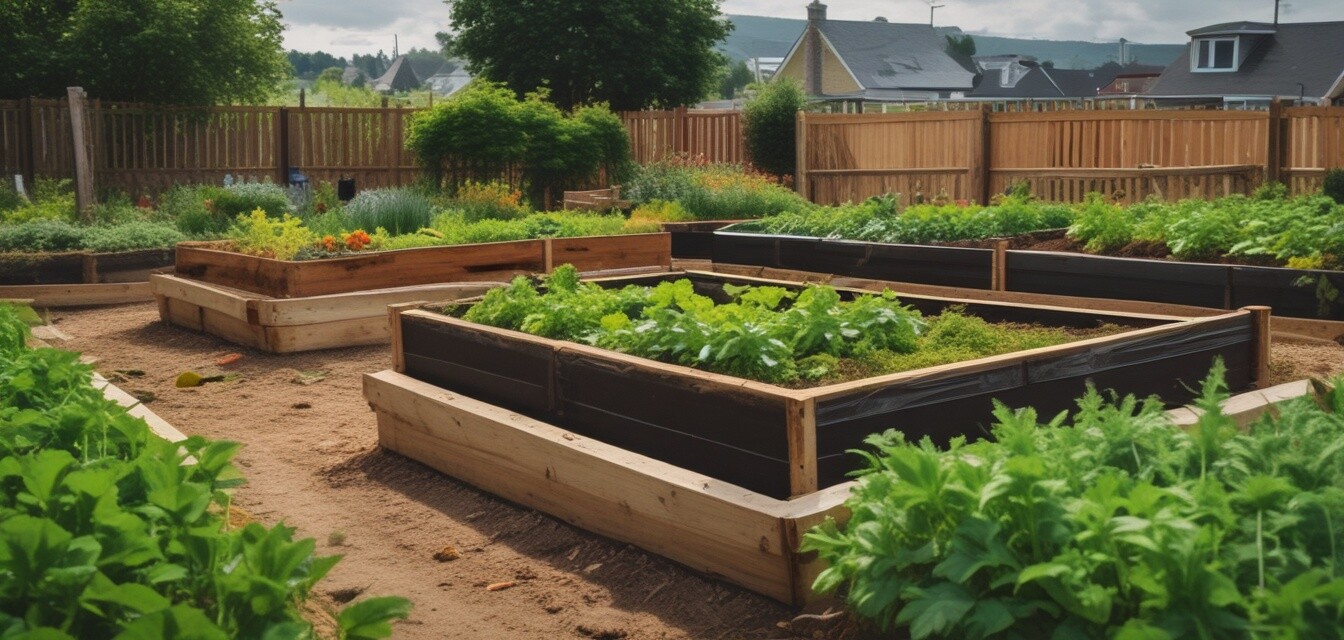
Analyzing the Rise of Community Composting Initiatives
Key Takeaways
- Community composting is gaining momentum as more people prioritize sustainability.
- These initiatives promote environmental awareness and waste reduction.
- Local governments and organizations play a crucial role in supporting composting programs.
- Community gardens and composting sites foster social connections among residents.
- Education around composting methods is essential for maximizing benefits.
The surge of community composting initiatives reflects a growing trend towards sustainable living. More communities are coming together to not only reduce waste but also to foster a sense of community. This article explores the impact of these initiatives, how they function, and the benefits they bring to both individuals and the environment.
The importance of community composting
Community composting essentially transforms organic waste into nutrient-rich compost. By working collectively, communities can significantly reduce their carbon footprint and make better use of local resources. Here are some key aspects of why community composting is essential:
- Reduces landfill waste by diverting organic materials.
- Transforms waste into a valuable resource for gardens and plants.
- Encourages local food production and sustainability.
- Promotes environmental education.
How community composting initiatives work
Community composting initiatives vary from one location to another, but they generally have some common elements:
- Collaborative spaces: Dedicated areas are established for community members to drop off organic waste.
- Composting methods: Various composting techniques may be employed, such as vermicomposting, Bokashi, or tumblers.
- Education and training: Workshops are often conducted to educate participants on effective composting practices.
Benefits of community composting
Community composting has numerous benefits for both individuals and the broader environment:
| Benefit | Description |
|---|---|
| Waste reduction | Significantly decreases the amount of organic waste sent to landfills. |
| Soil improvement | Produces rich compost that enhances soil health, promoting plant growth. |
| Community engagement | Fosters connections among residents and enhances neighborhood relationships. |
| Skill development | Participants learn sustainable practices and skills related to composting. |
Challenges faced by community composting initiatives
While community composting initiatives have many benefits, they also face several challenges:
- Lack of consistent participation from community members.
- Limited funding or resources for composting infrastructure.
- Need for continuous education and engagement.
The role of local governments and organizations
Local governments and organizations play a crucial role in fostering community composting initiatives. Support from municipal programs can facilitate:
- Funding: Providing grants for composting equipment and educational programs.
- Logistics: Assisting with the setup and maintenance of composting sites.
- Promotion: Raising awareness about community composting through campaigns and outreach.
Conclusion
The rise of community composting initiatives is a promising trend towards a more sustainable future. As communities work together to reduce waste, they promote environmental awareness and build strong social ties. Understanding how these initiatives function and the challenges they face can help ensure their success. For more insights into composting methods and trends, visit our comprehensive blog on composting trends.
Pros
- Produces high-quality compost for local gardens.
- Strengthens community bonds and engagement.
- Improves local ecosystem health.
Cons
- Can require significant community effort to maintain.
- Initial setup costs can be a barrier.
- May face regulatory challenges.
Further resources
If you're interested in learning more about composting methods or starting a composting initiative in your community, check out our helpful sections: